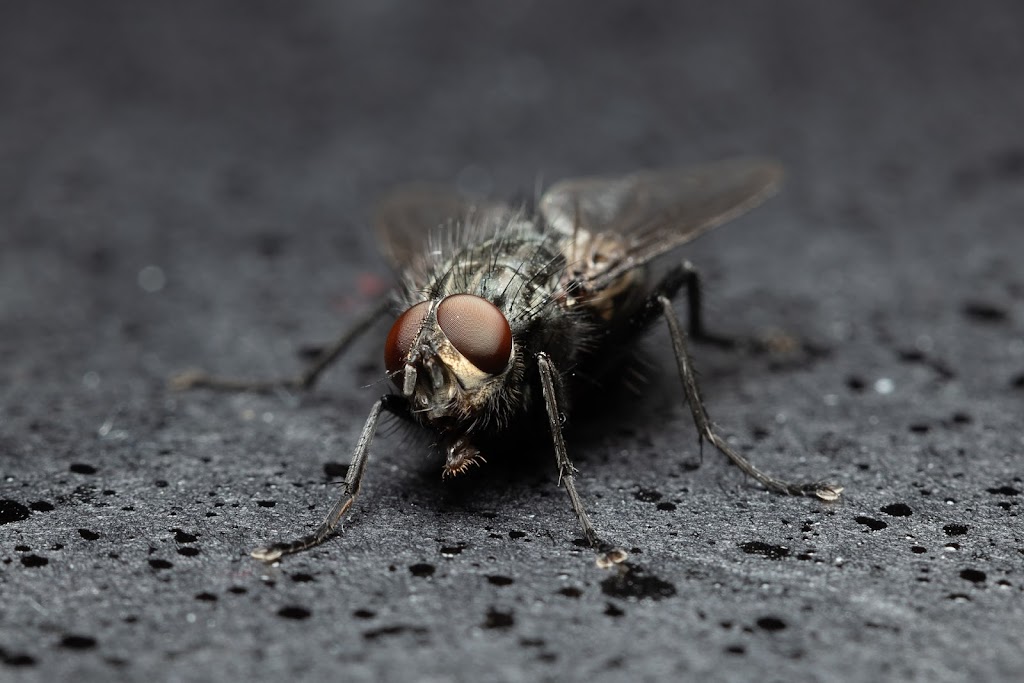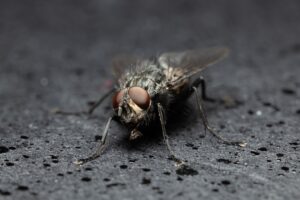Parasitic infections are a global health concern that can impact individuals from all walks of life. These hidden invaders can cause a wide range of health issues, from gastrointestinal disturbances to severe organ damage. In this article, we’ll delve into the health implications of parasitic infections, explore methods for testing, and discuss how nutrition can play a crucial role in eradicating these unwelcome guests.
Health Issues Associated with Parasitic Infections:
Parasitic infections can wreak havoc on the body, leading to various health problems, including:
-
Gastrointestinal Disturbances: Common symptoms include diarrhea, abdominal pain, nausea, vomiting, and bloating.
-
Weight Loss and Malnutrition: Persistent infections can lead to malnutrition and significant weight loss as parasites compete for nutrients.
-
Anemia: Certain parasites, such as hookworms, can cause chronic blood loss and iron deficiency anemia.
-
Liver and Gallbladder Problems: Parasitic infections can affect the liver and gallbladder, leading to symptoms like jaundice and inflammation.
-
Respiratory Issues: Some parasites, like lung flukes, can migrate to the respiratory system, causing cough and shortness of breath.
-
Neurological Symptoms: Parasites like cerebral malaria can affect the central nervous system, leading to seizures and altered mental states.
-
Skin Problems: Parasitic infections can result in itching, rashes, and skin lesions.
-
Organ Damage: In severe cases, parasites can damage various organs, such as the heart, kidneys, and brain.
Testing for Parasitic Infections:
Accurate diagnosis is essential for effective treatment. Parasitic infections can be detected through various tests, including:
-
Stool Tests: Examining stool samples can reveal the presence of parasitic eggs, cysts, or larvae.
-
Blood Tests: Some parasitic infections, like malaria, can be detected through blood tests.
-
Imaging: X-rays, ultrasounds, or other imaging techniques may be used to visualize organ damage caused by parasites.
-
Endoscopy: In cases of suspected gastrointestinal parasites, an endoscopy may be performed to directly visualize the affected area.
Eradicating Parasites with Nutrition:
Nutrition plays a vital role in supporting the body’s immune system and helping to eradicate parasitic infections:
-
Antiparasitic Foods: Incorporate natural antiparasitic foods into your diet, such as garlic, ginger, and papaya seeds. These foods may help combat parasites.
-
Hydration: Staying well-hydrated is crucial to prevent dehydration, especially in cases of diarrhea caused by parasitic infections.
-
Probiotics: Consuming probiotic-rich foods like yogurt and kefir can support gut health and help restore the balance of beneficial bacteria.
-
Balanced Diet: A balanced diet, rich in vitamins and minerals, supports overall immune function and recovery.
-
Herbal Remedies: Some herbs, such as wormwood and black walnut, are believed to have antiparasitic properties. Consult with a healthcare professional before using herbal remedies.
-
Hygiene Practices: Proper hygiene, such as thorough handwashing and food safety precautions, can prevent parasitic infections.
Parasitic infections can have a significant impact on health, ranging from mild discomfort to severe illness. Early detection through testing is crucial, and once diagnosed, proper treatment and nutrition can aid in eradicating these unwelcome invaders. A balanced diet, along with antiparasitic foods and probiotics, can help support the body’s natural defenses in the battle against parasitic infections. Always consult with a healthcare professional for accurate diagnosis and guidance on treatment and nutrition. Your health is worth the effort to ensure these unwelcome guests are shown the door.


